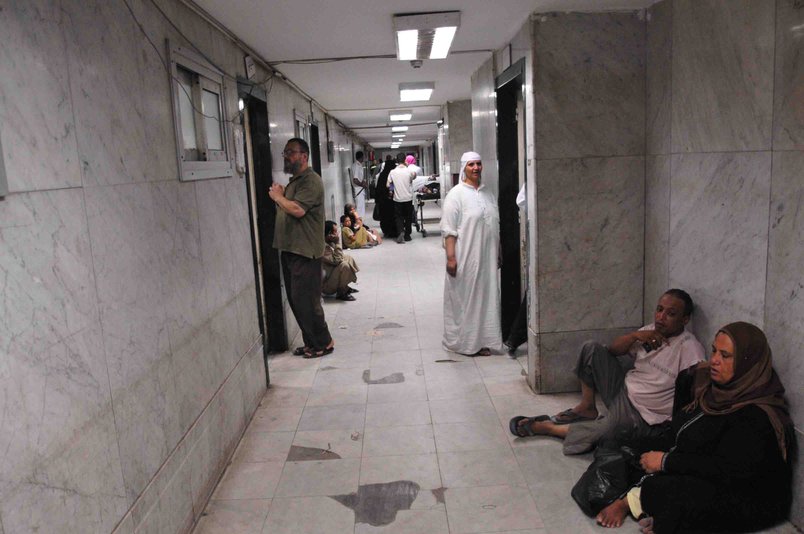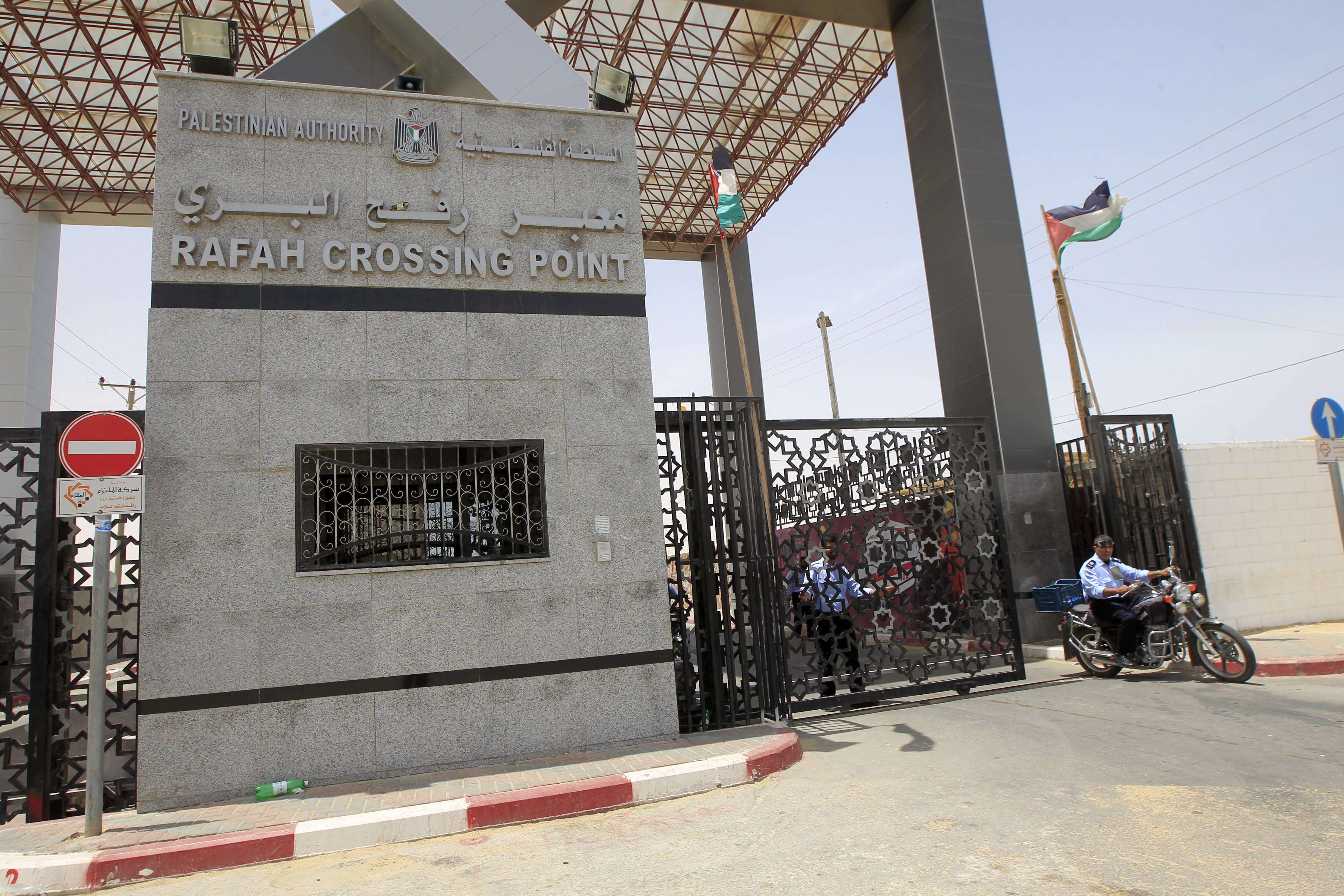By Alaa Saad
The Association for Freedom of Thought and Expression (AFTE) slammed the decision to cancel former presidential advisor Essam Heggy’s lecture in Alexandria, along with a series of other violations of academic freedom in its monthly roundup for October.
In the report on Academic Freedoms and University Independence, AFTE further condemned a case of rejecting a PhD thesis defence in Al-Azhar University due to “what the topic could hold in political implications”.
Regarding the cancellation of Heggy’s lecture, AFTE said: “The decision to cancel the lecture… sparks major fears regarding the freedom of academic discussion. Further, the justification given by the university for the cancellation amounts to a declaration of the imposition of bureaucratic limitations on lectures.”
The report further denounced the Ministry of Finance’s intrusion into faculty members’ salaries, calling for the financial independence of universities from government decisions. “The Ministry of Finance’s intrusion in faculty’s salaries breaches the law on regulation of universities,” AFTE said.
Hany Al-Housseiny, a founding member of the 9 March Movement calling for academic independence, told Daily News Egypt there is a contradiction between the authoritative powers of the University President and the Minister of Finance exemplifies that the administrative body of governance is dysfunctional.
According to Al-Housseiny, a minister’s statement in the newspaper refuting the reduction in faculty salaries is not sufficient for the decision to be revoked; the minister must send an official statement to all universities with such to give them authority to retract the decision.
AFTE’s report further comments on the mounting lack of transparency in the draft of the proposed law on higher education and its associated dialogue. AFTE further rebuked the lack of transparency regarding the ongoing debates in the Supreme Council of Universities, over the draft of the proposed law.
“The tremendous lack of transparency hampers the academic circle’s free expression and participation on subjects that they might want to contribute to,” AFTE said.
The report further sheds light on the 25 October entry ban of other universities’ faculty into the Cairo University Faculty Members’ Club, deeming the decision an attempt to restrain the faculty members’ freedom of association.
Regarding the decision to cancel the PhD candidate’s defence, Hany Al-Housseiny said the incident has a regressive implication on the free flow of knowledge, stating that it is as though “authorities are telling scholars, do your research and we [referring to the state] will deem the topic fit depending on its political implications”.
Further, AFTE expressed support for the 9 March Movement’s call to increase faculties’ pensions and salaries. The report states that this is necessary to retain teaching talent, instead of forcing talent to migrate and is vital for a fairer income distribution.



